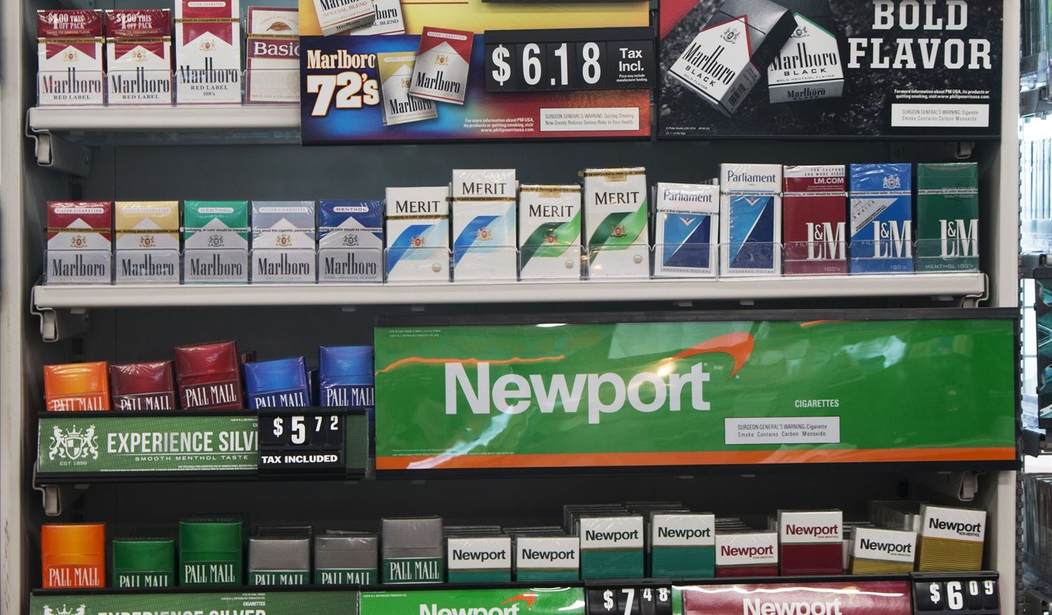Top News
New Zealand Scraps Tobacco Ban

In 2022, under the leadership of leftist Prime Minister Jacinda Ardern, New Zealand passed the most sweeping ban on tobacco products ever seen. They planned to “phase out” smoking by forbidding anyone born after January 1, 2009, from purchasing tobacco products permanently. But now, Christopher Luxon has been sworn in to replace her. He was previously the head of the opposition party and his agenda is considerably different. One of the first things he did was to announce that the smoking ban was going to be repealed. Now, liberal activists are up in arms, but Luxon insists that the ban would have done even more damage to the economy than the previous government had inflicted. (NBC News)
Health and tobacco campaigners said Monday that New Zealand’s plan to repeal laws that would ban tobacco sales for future generations threatened lives and put international efforts to curb smoking at risk.
The country’s new center-right coalition will scrap the laws introduced by the previous Labour-led government, according to coalition agreements published on Friday.
The package of measures would have seen bans on selling tobacco to anyone born after Jan. 1, 2009, reduced the amount of nicotine allowed in smoked tobacco products and cut the number of retailers able to sell tobacco by over 90%.
Opponents of the repeal are arguing that the ban could have saved $1.3 billion in healthcare costs per year and extended lifespans. The incoming Finance Minister counters that by saying the ban would have significantly impacted government tax revenues. He proposes instead to increase the penalties for selling tobacco products to underage smokers and easing restrictions on some alternatives like vaping, which also generate tax revenue.
That probably sounds like a fairly cold-hearted approach, breaking it down to terms of how much tax the government will be able to collect versus public health. And I can’t entirely argue with that sentiment. But they’re also dealing with reality here. The country isn’t proposing the banning of growing or importing tobacco, only the sale of it to people of a continually increasing age. That means that there will still be cigarettes and similar products around for the rest of the century.
So why does that matter? We’ve seen various tobacco bans attempted in other places, including in parts of the United States. The result is always the same. Nicotine is incredibly addictive and if there is still any tobacco around, people will be looking for it. That inevitably brings in tobacco pirates who are willing to take the risk to turn a profit. We’ve seen it in New York, New Jersey, and other locations. And if the ban goes through, you’ll see it in New Zealand as well. You’d simply be shifting the revenue from the government (and the people) to the criminals.
The only way you’re going to truly end smoking is by shutting down the entire tobacco industry in New Zealand from the farmers to the manufacturers to the distributors. But politicians who wipe out entire industries and destroy people’s livelihoods don’t tend to have long political careers. That’s why Joe Biden had to dance on the head of a pin when he was talking about wiping out the coal industry and it still cost him a lot of votes.
People have been using tobacco for a very long time to the regret of many and with countless adverse health results. But it’s still ingrained in our culture in some ways and making it disappear with the swipe of a governmental pen isn’t as easy as some would have you believe. New Zealand is probably proving to be an object lesson in that reality.
Read the full article here


















